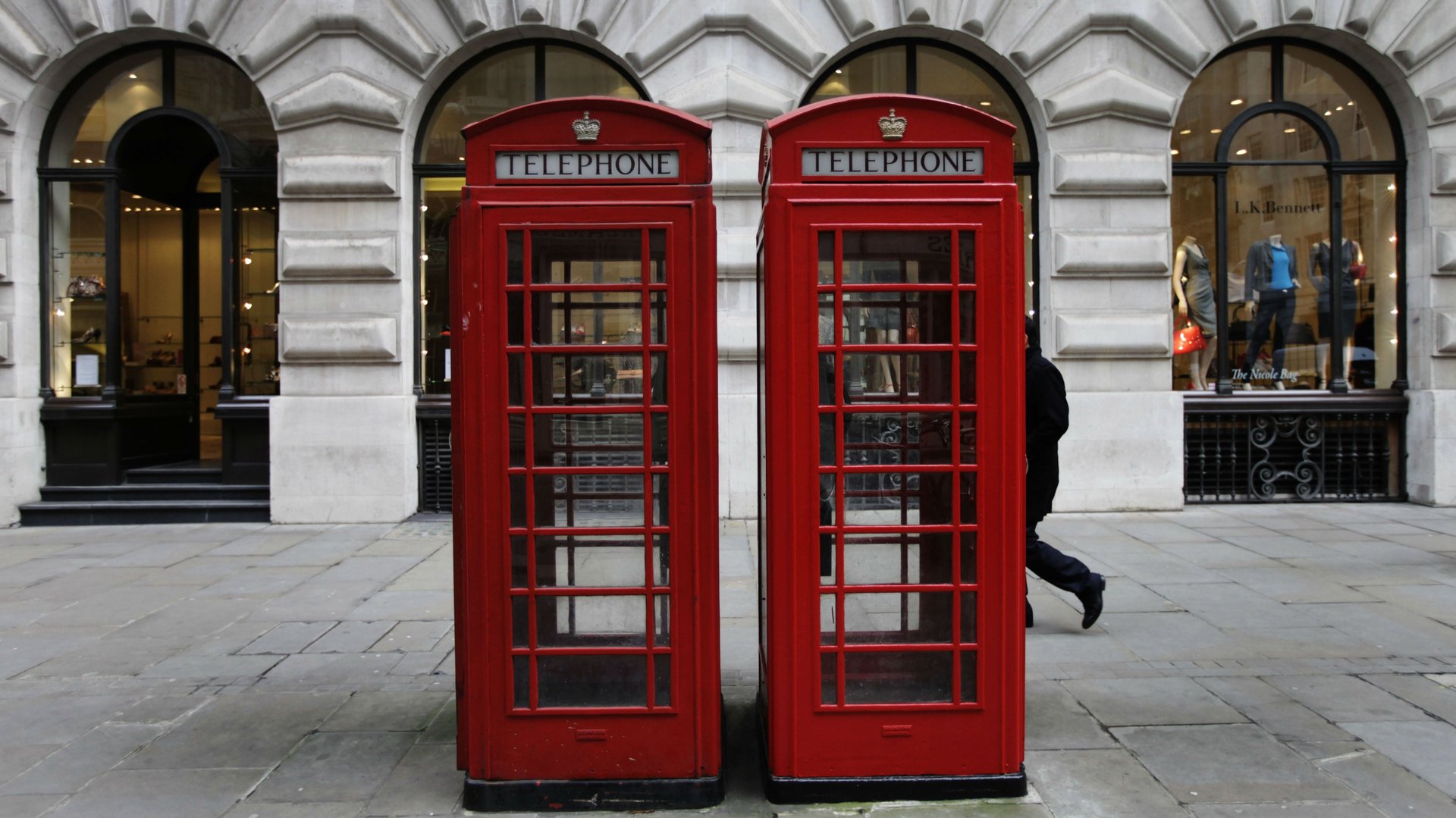Britain’s “productivity puzzle” continues as jobs surge, but economists don’t think it will last
Another round of rosy numbers on jobs has arrived in the UK, with employment jumping by 212,000 in the latest quarter. It’s a welcome development for Prime Minister David Cameron, who has largely tethered his term to a series of austerity policies some blame for pushing the British economy back into recession. Despite the malaise of much top-line UK data, jobs numbers have remained surprisingly buoyant. Even before the latest report, the Economist was already sanguine about the prospects for the UK:


Another round of rosy numbers on jobs has arrived in the UK, with employment jumping by 212,000 in the latest quarter. It’s a welcome development for Prime Minister David Cameron, who has largely tethered his term to a series of austerity policies some blame for pushing the British economy back into recession. Despite the malaise of much top-line UK data, jobs numbers have remained surprisingly buoyant. Even before the latest report, the Economist was already sanguine about the prospects for the UK:
Jobs are surprisingly plentiful. Payrolls have increased by more than 700,000 since the first quarter of 2010, when employment touched bottom. Although the government’s deficit-reduction plan has resulted in the loss of 660,000 government jobs, 1.4m new posts have been created in the private sector (some of them are public-sector jobs that have been reclassified). And the pace of job creation has accelerated by more than can be explained by any plausible boost from the Olympic games in London. Employment rose by 236,000 in the three months to July, an annualised increase of 3.2%.
So what’s going on with UK jobs growth? Some economists argue that Olympics have, indeed, helped keep things shored up. (In the latest report, 125,000 of the 212,000 new jobs were part-time, some of which might have been Olympics-related.) Citigroup economists noted the positive impact of the games, but don’t expect it to last. They wrote last week:
The clearest positive impact is at a local level, with large YoY declines in unemployment in most Olympic host boroughs. But so far, most indicators suggest that (as in prior host countries) the Olympics did not give the overall economy much boost this year. The boost from construction came in 2010-11, and ended early this year. During the Olympic period, the number of tourist inflows fell YoY, and most retail guides were weaker. The rebound from the Queen’s Jubilee, plus the direct cost of organizing the Olympics, probably ensured that GDP rose in Q3. But the economy’s underlying path remains weak and—with heavy fiscal drag, poor credit availability plus the EMU crisis—further QE remains likely.
High Frequency Economics, a consultancy, is also eyeballing the Olympics as one of the reasons that jobs numbers held up in September:
It would appear that the post-Olympic crash in employment has yet to be realized. Perhaps the paralympics kept temporary employment up. We expect a turn for the worse in the October report.
And there’s been a contraction in lending to business, which makes it tough for an economy to grow. That suggests that plenty of tough times remain ahead for the Brits. Mr. Cameron would do well to underplay the recent good news.